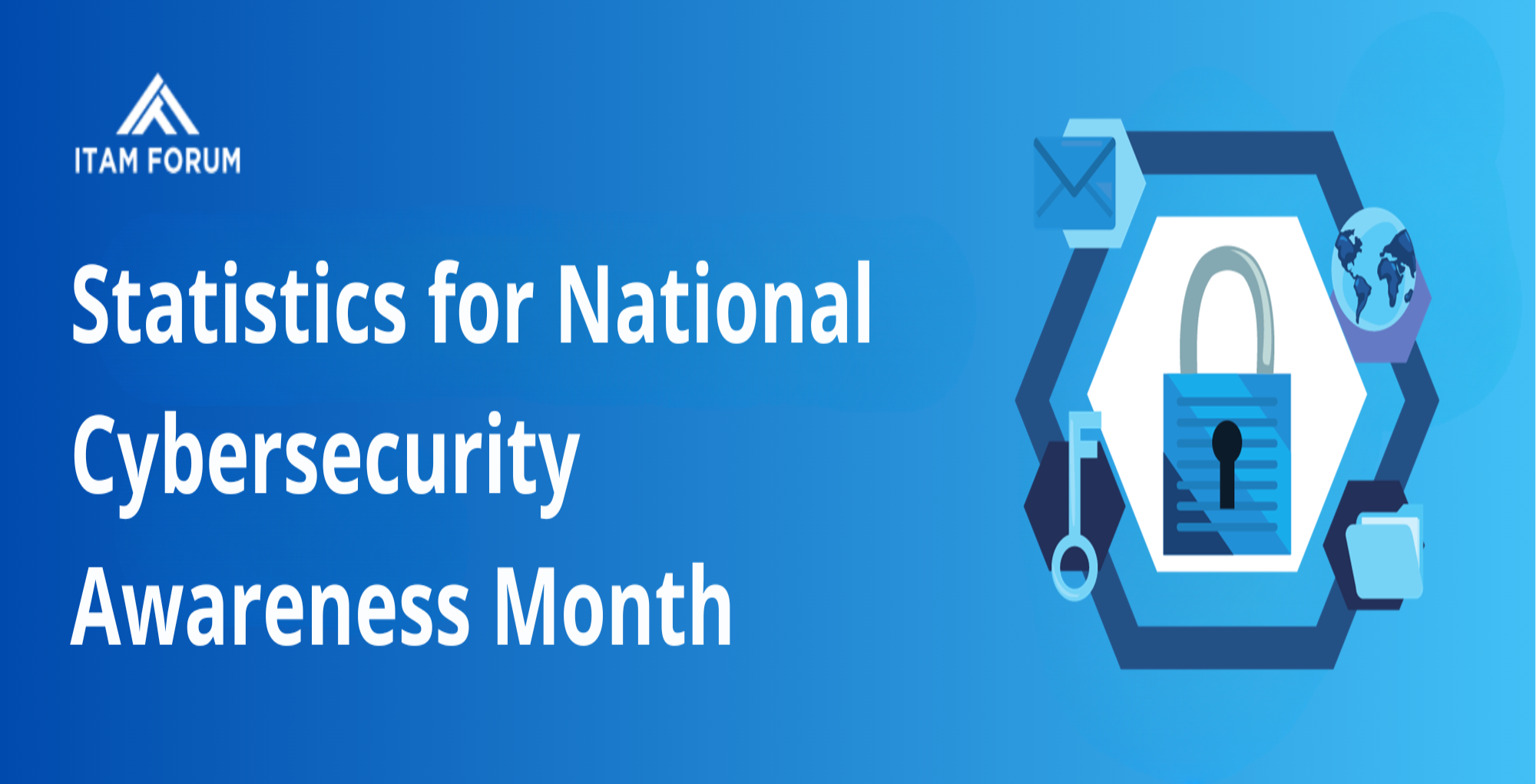Author: Mustafa Çelen
Software Asset Manager – Türk Telekom, ITAM Forum Ambassador – Infosecurity
October is National Cybersecurity Awareness Month, and there’s no better time to shed light on the critical importance of safeguarding our digital lives. As technology evolves, new cyber threats continue to emerge. In the last four years, Türkiye has witnessed an alarming rise in cybercrime. With 40.6 million people falling victim to 176 data breaches some of which had foreign origins. Globally, unauthorised access accounts for 43% of data breaches making it essential to comprehend the gravity of this threat.
Cybercrimes encompass a broad spectrum of illegal activities committed electronically through various communication and shopping tools, such as computers, phones, tablets, the internet, and POS machines. These offenses range from unauthorised data access to data manipulation, copying, deletion, destruction, unauthorised distribution, and illicit financial gains. Additionally, one growing concern is the rise of IoT (Internet of Things) vulnerabilities where smart devices can be exploited to gain access to networks and personal data. Vigilance and regular updates for all connected devices are crucial to staying protected in our increasingly interconnected world.
Surprisingly, the scale of cyber threats is staggering with an average of 2,300 cyberattacks occurring worldwide every day. This means that 97 individuals become victims of cybercrime each hour. In Türkiye alone, the first half of 2023 saw a staggering 700,000 malware attacks. As a result, making it one of the most active periods for cybercriminals. To put things in perspective, the world discovers a staggering 560,000 new malware variants daily, resulting in an estimated total exceeding one billion.
Remote and hybrid cybersecurity attacks
Remote and hybrid work models, which have become increasingly popular, come with their set of challenges. While they enhance productivity and work-life balance, they also introduce new safety risks. 60% of global cyber fraud attacks are carried out through mobile devices. In Türkiye, cybercrimes involving mobile devices, which are rapidly expanding, surged by 22% last year. Key threats to mobile devices include data leakage, unsecured wireless networks, network poisoning, phishing attacks, spyware, cracked cryptography, and faulty session management.
One of the most insidious forms of cybercrime is social engineering. It involves exploiting human vulnerabilities, which often represent the weakest link in information security. Cybercriminals employ various tactics such as role-playing, shoulder surfing, garbage scavenging, phishing, trojan horses, and reverse social engineering to manipulate individuals into divulging sensitive information. The damages inflicted by social engineering attacks can range from unauthorised access and data theft to reputational damage, loss of trust, service disruptions, and even legal sanctions.
How to protect yourself against cybercrimes
Türkiye ranks among the top five countries worldwide with the highest number of cyberattacks. Shockingly, one out of every two websites is under constant threat of compromise. Phishing attacks afflict 10 to 15 million people annually, and approximately 40% of computers are infected with malware.
In conclusion, understanding cybercrime, its forms, and its impacts is the first step toward protecting ourselves and our digital assets. As the world becomes increasingly connected, it’s imperative that we remain vigilant, adopt robust cybersecurity measures, and stay informed about the latest threats and best practices. Undoubtedly, we can build a safer and more secure digital world for ourselves and future generations.

